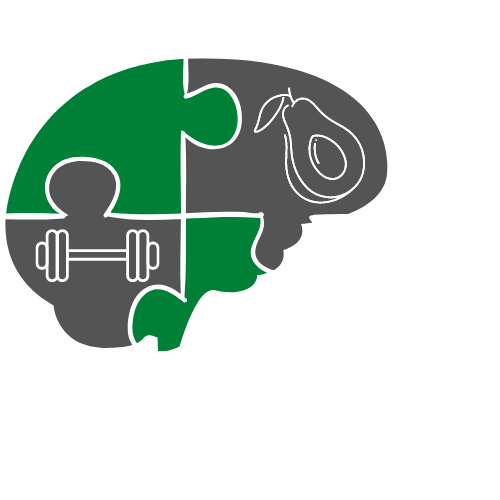Author: Dr. Yemi Lekuti

“Hurt people, hurt people.” The last time I heard this statement, someone used it to explain how they felt about being wronged and ‘how they wanted the person who hurt them to know what it felt like.’ If there is one thing I know as a therapist, it is that many people are hurting, whether they are aware of it or not. When people come into CAYA, I can tell pretty quickly if they have been carrying around some level of hurt for a while. Usually, they want to know how to manage it and the memories accompanying it. However, the ‘hurt people, hurt people’ phrase is often an unproductive management strategy many clients use to justify how others treat them.
Hurt people, hurt people is a phrase that needs to be retired. It has become a quick go-to explanation for many clients for the mismanagement of their feelings and behaviors, as well as a rationale for why people put up with being mistreated by those who are close to them. It is an opportunity to maintain dysfunction, and using it allows many people to tolerate emotional pain that could otherwise be avoided. This phrase acknowledges that someone is unaware they are hurting, but it should not excuse the hurt they inflict on others. This phrase insinuates that we are surrounded by people carrying painful histories and that it is not necessarily their fault that those painful histories result in the hurt of others.
Accountability is another new buzzword that can be applied to slow down the cycle of dysfunction and hurt. Acknowledging and voicing that someone is hurting you is the starting point for helping them to take accountability for their actions and for helping you to repair any damage that they have caused. We are not responsible for ensuring they receive and process the accountability. It is essential to know that most people do not intend to hurt others intentionally, and often they are unaware of the impact of their behaviors on others. When someone is told they are hurting someone, it gives them a chance to start making changes before it happens to another person and for us to keep the boundaries from being crossed repeatedly.
When someone intentionally hurts another person, they likely have a great deal of pain in their lives and channel that pain to hurt others purposely. This demonstrates an unwillingness to look in the mirror and recognize their dysfunctional approach. These types of people avoid questioning the nature of all their relationships and, maybe, even use the “this is who I am” trope as an excuse. Don’t get me wrong; these people need therapy. However, forcing accountability for their actions will only make them lash out more often.
In a time where we are becoming more aware of how trauma moves from person to person, the phrase ‘hurt people, hurt people’ needs to be eliminated. Hurt people need therapy before intentionally or unintentionally hurting others. Yes, therapy can be a long process, but so is the list of people who have been and continue to be negatively impacted by a hurt person. Seeking therapy is the answer to stopping this cycle of dysfunction. Those who are healing do what they can to be intentional about their actions with others.

